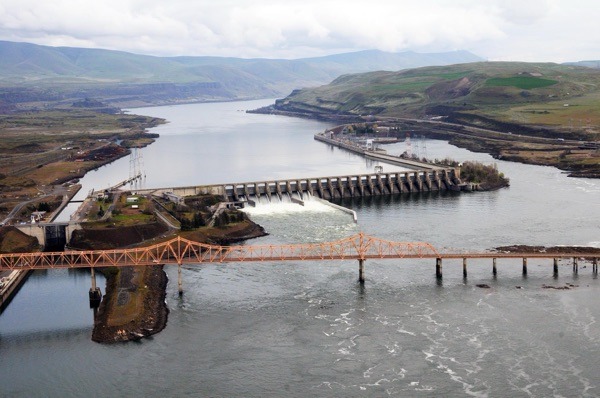Farmers in the Pacific Northwest rely heavily on the Columbia-Snake River system to get their crops to market, but recent job cuts at the U.S. Army Corps of Engineers (USACE) could put that in jeopardy. The Trump administration, through Elon Musk’s Department of Government Efficiency (DOGE), is pushing for mass layoffs at federal agencies, and the USACE is one of the latest targets. Reports indicate that over 2,000 jobs nationwide could be lost, with at least 600 positions eliminated in the Northwestern Division, which oversees vital waterway infrastructure in Washington, Oregon, and Idaho.
The Columbia-Snake River system is a critical trade route, especially for wheat farmers. More than 50% of all U.S. wheat exports travel through this river system, making it the second-largest wheat export gateway in the country. If locks, dams, and dredging operations are understaffed due to these layoffs, barges could face delays, maintenance backlogs, and possible shutdowns—all of which would hurt farmers trying to move their products efficiently.
Shipping by barge is not just convenient; it’s essential for keeping costs down. A single four-barge tow can move as much cargo as 140 railcars or 538 semi-trucks, making it the most cost-effective option for grain transportation. If barge traffic slows down, farmers may be forced to rely more on rail and trucking, both of which are more expensive and subject to capacity limitations. This could lead to:
• Higher transportation costs, cutting into already-tight farm profits.
• Longer wait times to get products to market, potentially reducing their value.
• Increased congestion on highways and rail lines, which could raise costs for other industries as well.
The Pacific Northwest Waterways Association (PNWA) and regional lawmakers have raised alarms about the impact of these cuts. They argue that reducing USACE staff will cripple the ability to maintain navigation channels and locks, ultimately hurting farmers, exporters, and rural economies that depend on river transport.
“The Columbia-Snake River system isn’t just a convenience—it’s a necessity,” one PNWA spokesperson stated. “If these cuts move forward, we’re looking at a serious disruption to the agricultural supply chain.”
DOGE has reportedly ordered agencies to submit large-scale firing plans by March 13. If these cuts proceed as planned, farmers and shipping companies will need to start planning for potential disruptions now. Advocacy groups are urging farmers and businesses that rely on the Columbia-Snake River system to contact their representatives and push back against the cuts before they take effect.
At a time when global food demand is rising and farmers are already facing challenges from inflation and supply chain disruptions, the last thing they need is another roadblock to getting their crops to market. The Columbia-Snake River system has long been a backbone of Pacific Northwest agriculture—whether it stays that way may depend on how much pushback these proposed cuts receive.





